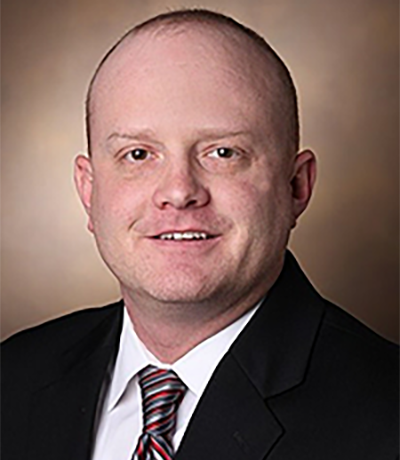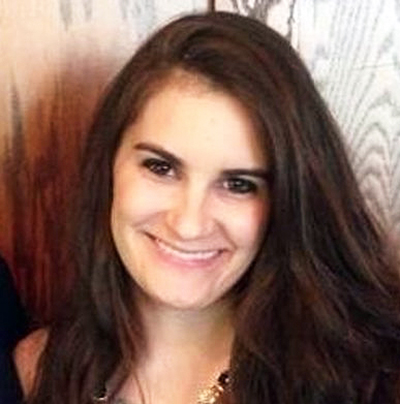Discoveries
-

Sanders promoted to Vice Dean of Basic Sciences
By Leah Mann Professor Chuck Sanders Chuck Sanders, Aileen M. Lange and Annie Mary Lyle Chair of Cardiovascular Research and professor of biochemistry and medicine, has recently been promoted from associate dean for research to vice dean of the Vanderbilt School of Medicine Basic Sciences. Sanders received his Ph.D. in… Read MoreMar. 8, 2023
-

A new view of a cholesterol carrier
High density lipoprotein (HDL) is often referred to as “good cholesterol.” However, cholesterol is just one of many types of cargo HDL can carry. In addition to shuttling cholesterol from blood to the liver, high-density lipoprotein (HDL) can also transport proteins, metabolites and small RNAs (sRNA). The discovery of HDL’s… Read MoreFeb. 10, 2023
-

Five Vanderbilt faculty elected as 2022 American Association for the Advancement of Science fellows
Five Vanderbilt University and Vanderbilt University Medical Center faculty members were elected as 2022 fellows of the American Association for the Advancement of Science. They were selected by a group of their AAAS peers. “The ranks of AAAS fellows include the likes of W.E.B. Du Bois,… Read MoreFeb. 3, 2023
-

Diversity in infectious mold species impacts respiratory disease severity in humans
By Caroline Cencer Anne Hatmaker Fungal diseases caused by pathogenic fungi such as molds affect millions of people worldwide every year. Despite the high prevalence of fungal diseases, the mechanism of infection is not well understood. The laboratory of Professor of Biological Sciences Antonis Rokas, led by graduate student Anne… Read MoreFeb. 3, 2023
-

Study explores new urinary tract infection treatment
Neil Osheroff, PhD, professor of Biochemistry and Medicine, is part of an international research collaboration resulting in what is on track to be the first new antibiotic treatment for uncomplicated urinary tract infections (uUTI) in more than 20 years. “We now have a direct path connecting the work conducted in our… Read MoreFeb. 2, 2023
-

Nutrient absorption disease model
Mutations in the gene MYO5B cause microvillus inclusion disease (MVID), which prevents nutrient absorption in the intestines and is characterized by severe watery diarrhea that typically starts in the first hours after birth. People with MVID usually require lifelong intravenous feedings (parenteral nutrition) or small bowel transplantation. … Read MoreFeb. 2, 2023
-

Study identifies human proteins with segments devoid of genetic variation
By Leah Mann Charles Sanders, Ph.D. The lab of Charles Sanders, professor of biochemistry and the Aileen M. Lange and Annie Mary Lyle Chair for Cardiovascular Research, published a study in Protein Science identifying all human proteins that have at least one segment that does not have… Read MoreJan. 27, 2023
-

The Expert from Nowhere
To understand a protein’s structure is to understand its function, says structural and chemical biologist Jens Meiler, PhD, distinguished research professor of Chemistry. It can take a PhD student up to five sleep-deprived years to determine the structure of a single protein, and of the 20,000 human proteins, only about… Read MoreJan. 26, 2023
-

CRISPR screen identifies role for a specific protein in insulin secretion
By Leah Mann Wenbiao Chen, Ph.D. The labs of Wenbiao Chen, associate professor of molecular physiology and biophysics, and Irina Kaverina, professor of cell and development biology, recently published a study in Molecular Metabolism focused on detecting genes that regulate insulin secretion. The authors demonstrated a new… Read MoreJan. 25, 2023
-

Study identifies potential new approach for treating lupus
Targeting iron metabolism in immune system cells may offer a new approach for treating systemic lupus erythematosus (SLE) — the most common form of the chronic autoimmune disease lupus. A multidisciplinary team of investigators at Vanderbilt University Medical Center has discovered that blocking an iron uptake receptor reduces disease pathology… Read MoreJan. 19, 2023